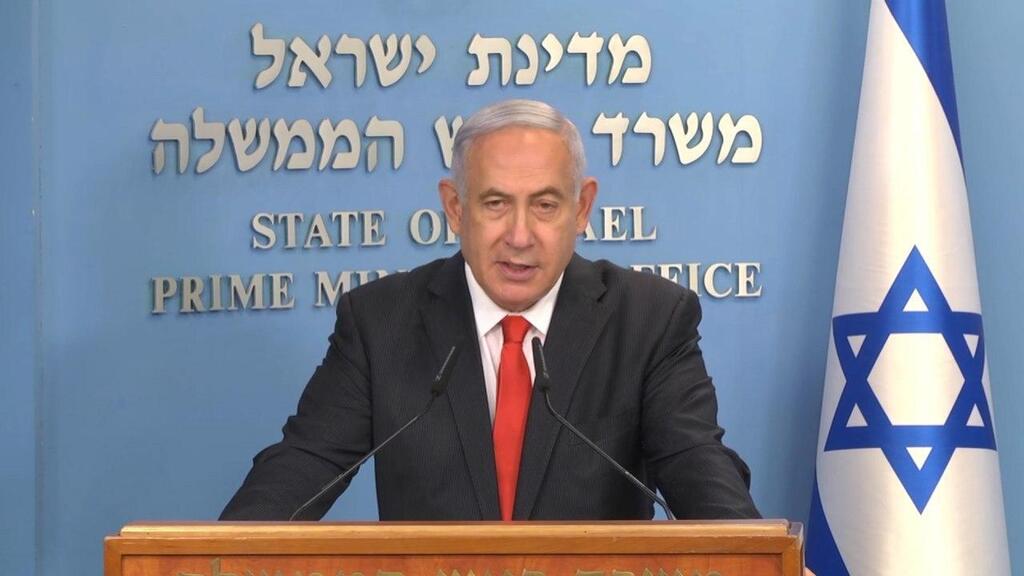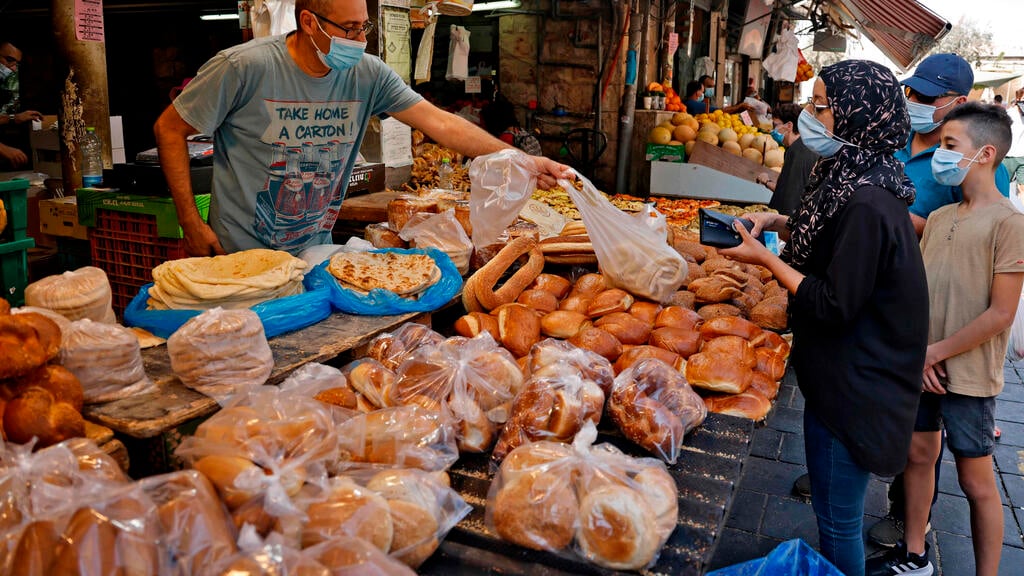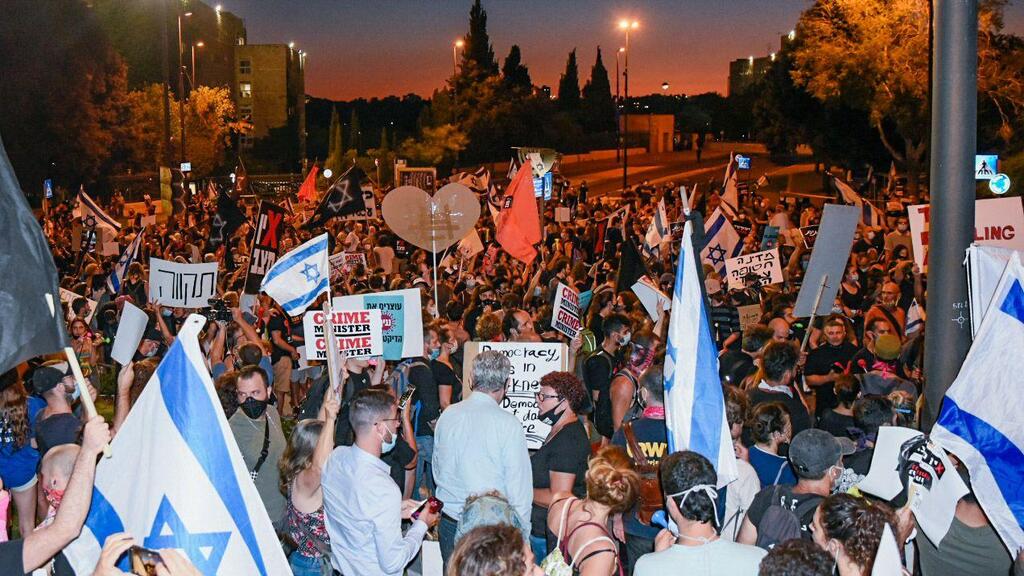Getting your Trinity Audio player ready...
Prime Minister Benjamin Netanyahu said Israel is facing a national emergency after morbidity and fatality rates from coronavirus continue to rise.
"We know that the pandemic will exact a heavy price and we will see more deaths," he said, "I am sorry to have to say this, but it is the truth."
3 View gallery


Prime Minister Benjamin Netanyahu in a televised address on the more restrictive lockdown to be imposed on Friday
(Photo: GPO)
In a televised address, the prime minister said that many other countries are experiencing a second wave of the virus and claimed that after successfully combating the first wave of the virus, his government allowed the economy to operate thus mitigating the financial cost to the country.
As new and more restrictive measures were being debated in the Knesset, Netanyahu said the more stringent lockdown, though harsh, would save lives.
"We have reached 7,000 new cases confirmed in a day and in the past 24 hours, 59 people have died," the prime minister said, "this is a terrible cost."
"The leadership must make the right decisions and that is what we have now done," he said.
3 View gallery


People shop for food in Jerusalem ahead of a more restrictive lockdown due to come into effect on Friday
(Photo: AFP)
The new measures that include a full lockdown on all but critical industry and essential commerce is to come into effect on Friday for a period of at least two weeks.
Netanyahu said he was "working on a vaccine for coronavirus," and on its availability in Israel as soon as possible. "There is a light at the end of the tunnel," he said.
Attempting to explain how the country found itself with the highest infection rate in the world per capita Netanyahu blamed “populist politicians” who pushed for the economy to reopen too swiftly.
He specifically pointed a finger at opposition leader Yair Lapid (Yesh Atid-Telem), accusing him of “endangering the lives of Israeli citizens" by politicizing Israel's recovery just as the country looked to be managing the coronavirus pandemic at the outset of summer.
3 View gallery


Demonstrators protest outside the Knesset while an emergency coronavirus bill is being debated
(Photo: Shalev Shalom)
Earlier Thursday evening, Lapid blamed the prime minister for Israel's high morbidity, saying "Netanyahu's "failures" are the reason for the second lockdown, not the coronavirus."
Netanyahu pushed back at accusations he opted to impose more restrictions in his efforts to block demonstrators who have been protesting outside his official residence for months calling for his resignation.
The new coronavirus bill that is set to come up for a vote in the Knesset would empower the government to block demonstrators from congregating in large numbers and at a distance of over one kilometer from home.
First published: 22:06, 09.24.20

